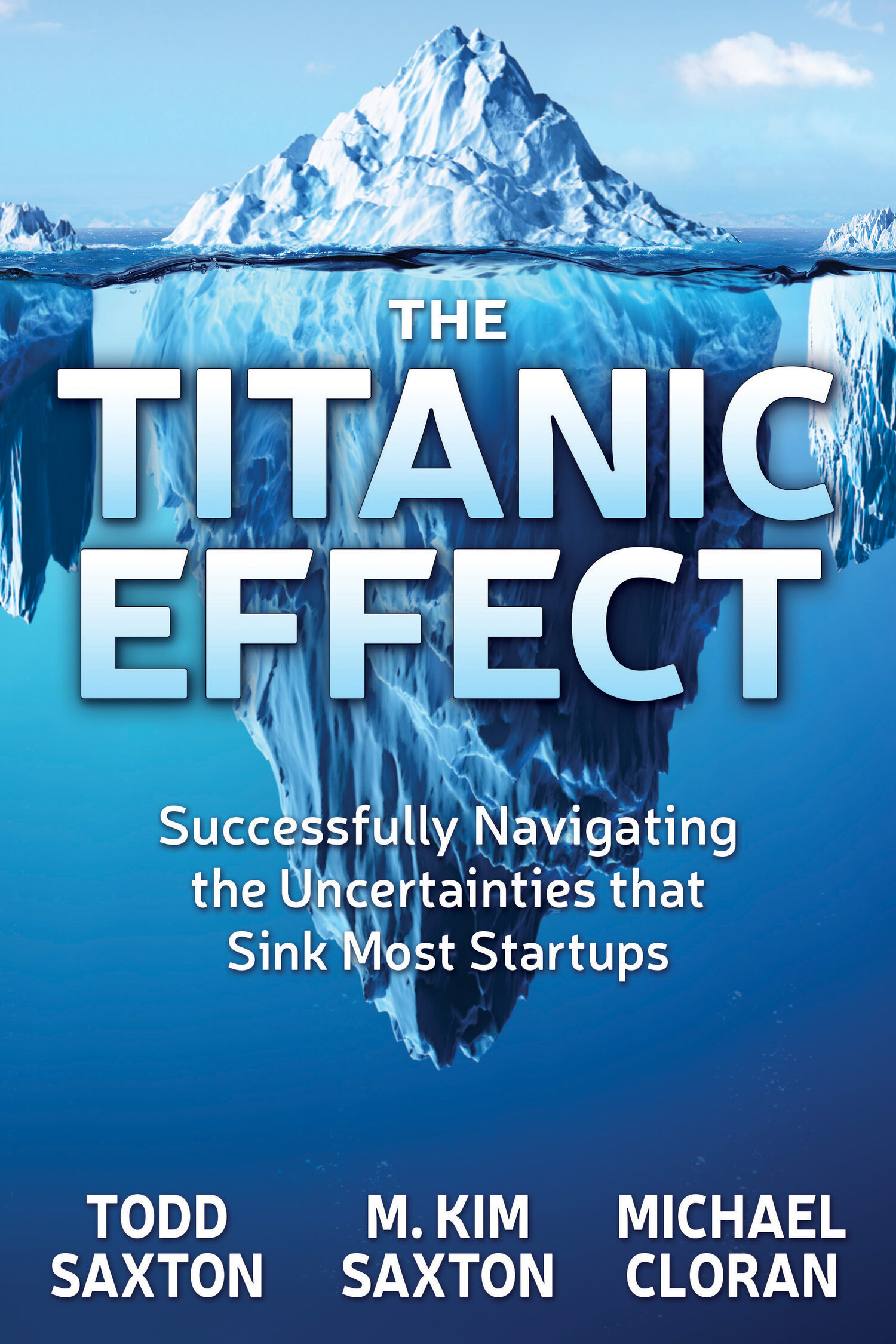It’s near the end of the year once again. And the end of the year always reminds us about metrics. We’ve suggested before that it’s a good time to assess what’s working and what’s not. If you want a reminder about the most important metrics for startup marketing, check out our previous blogpost on the topic: Metrics, Metrics. And if you want to be reminded about how to do an end-of-year audit, check out our blogpost: 3 Important Metrics to Audit.
A common theme in these two blogposts is that it’s important to keep your metrics simple. In fact, just this week we were looking at some analytics and were amazed at how unhelpful some metrics can be. So we wanted to share two examples to get you thinking.










